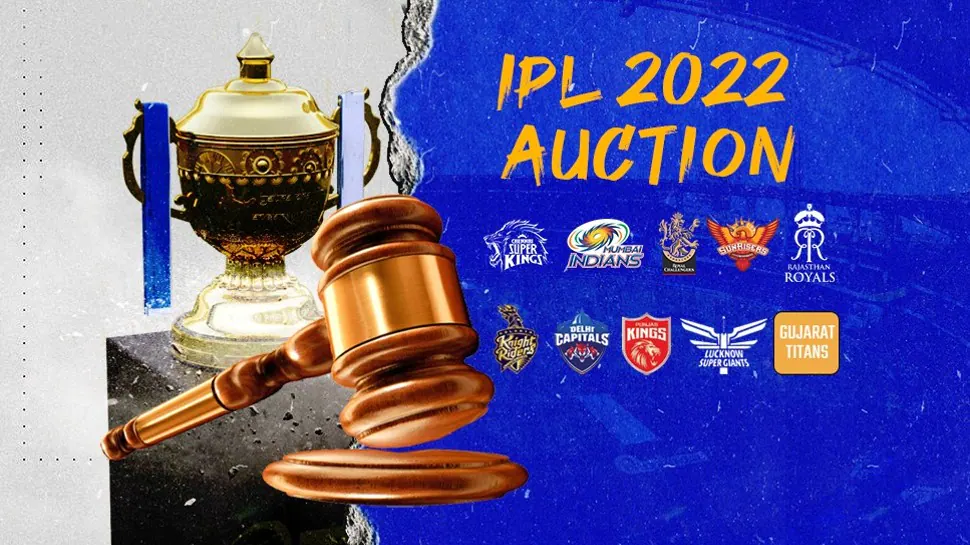
New Delhi: Aiming to move towards ‘Viksit Bharat’ by 2047, Finance Minister Nirmala Sitharaman presented the Interim Budget 2024 on Thursday. With the Lok Sabha elections scheduled to take place between April and May this year, this was a vote-on-account and the final budget for FY25 will be presented in July.
In her Budget speech, the FM noted that the outlay for the next year has increased by 11.1% to INR 11.11 lakh crore. This would be 3.4% of the GDP.
Sunjay J Kapur, Chairman, Sona Comstar said, “With a significant increment in capital expenditure target for FY25, the budget emphasizes on the enhancement of infrastructure for multi-modal connectivity.”
“The disbursement of funds under PLI schemes (enhanced budgeted outlays for both automobiles and components as well as advanced chemistry cell battery storage) would support cash flows and credit metrics for the automotive OEMs and ancillaries,” Shamsher Dewan, Senior Vice President & Group Head – Corporate Ratings, ICRA said.
What is in for EVs?
Many of the government’s transport undertakings impact payments to the service operators who participate in e-bus tenders to ‘own, maintain and operate’ these e-buses on per kilometer charges (Opex model). To ensure that the operators get their payment in time even when there are delays by transport undertakings, a payment security mechanism (PSM) is being developed on the lines of that is working in the energy sector.
According to FM Nirmala Sitharaman, “Our Government will expand and strengthen the electric vehicle (EV) ecosystem by supporting manufacturing and charging infrastructure. Greater adoption of e-buses for public transport networks will be encouraged through payment security mechanisms.”
Government will set up a fund through which the payments will be received by operators in case of defaults. Leasing companies and financing companies will also participate in this, which will eventually help the operators remove these buses from their balance sheets. The PSM will therefore help decarbonize public transport by plying more EV buses while ensuring financial health of operators and making the opex model bankable, said Dr Waman Parkhi, Partner, Indirect Tax and Lead -Automotive for Tax, KPMG India.
The FM added that the government will focus on rooftop solarisation, owing to which one crore households will be enabled to obtain up to 300 units free electricity every month, which can benefit the charging of EVs.
Biofuels
The phased mandatory blending of compressed biogas (CBG) in compressed natural gas (CNG) for transport and piped natural gas (PNG) for domestic purposes will be mandated.
Alongside, financial assistance will be provided for procurement of biomass aggregation machinery to support collection.
FM also said that the Government will promote private and public investment in post-harvest activities including aggregation, modern storage, efficient supply chains, primary and secondary processing and marketing and branding.
Dewan of ICRA expects the outlay for agriculture and allied activities to support rural demand, a critical driver for the automotive sector.
MSMEs
To grow and compete globally, the FM said the government will ensure prioritisation of timely and adequate finances, relevant technologies and appropriate training for the Micro, Small and Medium Enterprises (MSME). “Orienting the regulatory environment to facilitate their growth will be an important element of this policy mix.”
Infrastructure
The FM noted that there has been an improvement in physical infrastructure including national highways which has grown from 97,991 km in FY15 to 144,634 km in FY22.
For the Ministry of Road Transport & Highways, INR 2.78 lakh crore is allocated for FY25
The FM has not proposed any changes relating to taxation and proposes to retain the rates for direct taxes and indirect taxes including import duties.
This year, the government says it wants to focus on the GDP- Governance, Development and Performance and the aspirations of Women, Youth, the Poor and Farmers will be at highest priority.















